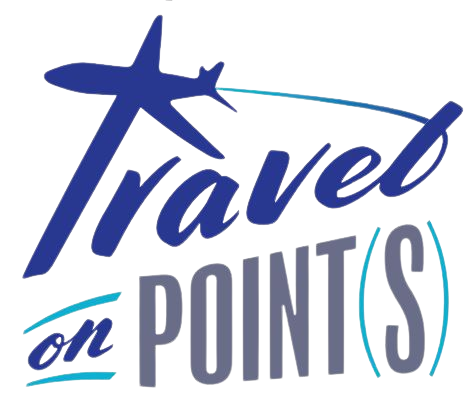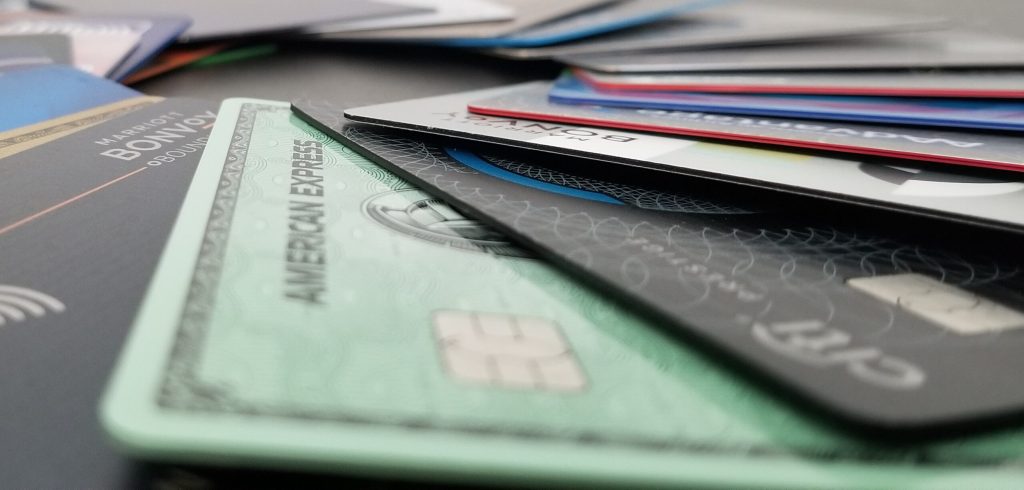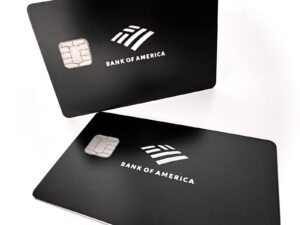THIS ARTICLE IS NOT UPDATED WITH CURRENT OFFERS. TO REVIEW THE UPDATED ARTICLE, CLICK HERE.
With absolute certainty, I answer this question “It depends.” Sure, anyone and everyone can fill out a bank application and write down half-truths, broad embellishments or outright lies. For me, none of these are acceptable in day-to-day life, much less when requesting accounts from financial institutions.
Table of Contents
ToggleSo, again, can you apply for a business card? Probably, yes. The requirements for approval are oftentimes more lenient (yes, you read that correctly) than personal cards. Thinking about it, this makes sense. You can't get a high-end personal card without income (especially for a card like a CSR and its $10,000 minimum credit limit). However, if you decide to start a side business, you have no income until the business is up-and-running. Banks understand this and will approve you with $0 business income.
What Counts as a Business?
With this in mind, almost anyone can apply for a business card. If you drive Uber/Lyft, teach music/dance lessons, babysit, walk dogs, sell on Ebay/Etsy/Pinterest, own rental properties, or do anything else that earns you income (however big or small) that is not included on the W-2 from your Employer, you are the type of small business that banks want!
How do I apply for a Card for my Small Business?
The simplest, hassle-free way to apply for any business credit card is to apply as a sole proprietor and use your legal name as the business name. Business Name: John Doe. Not John Doe's Doughnuts. Not John Doe, LLC. Not John Doe d/b/a anything. Your Name and nothing else. You then list your business income, however big or small. Know that anything you put on an application may need verification if you ever undergo a financial review, so be completely honest in filling this out. You will then give your SSN and many applications then ask for your personal income as well.
Which Business Cards are the Best?
Like everything in life, “best” is subjective and is in the eye of the beholder. As you have seen in my “best under 5/24” card list for this month, Chase offers numerous business cards that offer incredible value. I will quickly walk you through the three Ink cards, which are the first business cards you should consider.
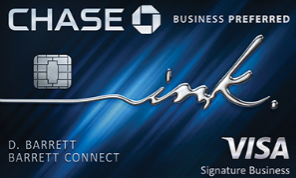
Chase Ink Business Preferred
The CIBP is THE business credit card to grab while under 5/24. The 100,000 point sign-up bonus for $15,000 spend in 3 months is the most generous transferable currency sign-up bonus in the industry, except for the Amex Platinum Biz that (typically) requires a $25,000 minimum spend. For the $95 annual fee, you earn 3x up to $150,000 per year on charges for travel, online advertising, shipping, and internet, cable, and telephone services. All other charges earn 1x. Holding this card also allows you to transfer URs to Chase's 13 travel partners, like you can with a CSP or a CSR. This card is a long-term keeper.
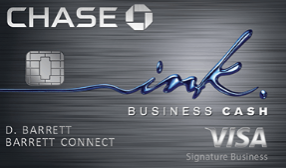
Chase Ink Cash
CIC is known as the best or 2nd best no annual fee business card on the market. A 75,000 point sign-up bonus for $7,500 spend in 3 months and $0 AF? Sign me up! Better still, the CIC earns 5x at office supply stores and on internet, cable and phone services up to $25,000 each year. It also earns 2x at restaurants and gas stations up to $25,000 each year. Thereafter, and all other charges, earn 1x. Note that this card technically earns “cashback.” However, if you hold a CSP, CSR or CIBP, the earnings are URs and can be used in the Chase portal or transferred to partners. As you can go to Office Depot or Staples and buy gift cards (for 5x) for almost anything you want to buy (airlines, hotels, restaurants, grocery stores, Visa/Mastercard/Amex gift cards, etc), this card is also a long-term keeper.
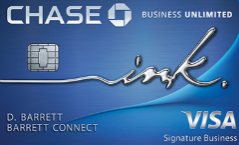
Chase Ink Unlimited
The CIU is the often-forgotten third Ink card. CIU also offers a generous 75,000 point sign-up bonus after $7,500 in 3 months and $0 AF. This card is as simple as they come: every dollar you spend earns you 1.5x. No caps, no bonus categories, no tricks. 1.5 UR for every dollar spent on anything. Again, it is technically a “cashback” card, but with a CSP, CSR or CIBP, the URs earned can be used in the Chase portal or transferred to Chase's partners. With no annual fee and 1.5x on everything, once you have this card, there's really no reason to ever get rid of it.
General Tips for Chase Business Cards
First, those under 5/24 should apply for the Chase Inks in the order presented above. There is no guarantee that Chase will approve you for one business card, much less all three. Go for the CIBP's 80,000 sign up first and you can always downgrade to a $0 AF later, if you aren't approved for one or both of the others. Second, while Chase has a 2/30 rule, meaning you can only be approved for 2 Chase cards in a 30-day period, Chase has a 1/30 rule for business cards. Unless it has been more than 30 days since your last Chase application, your application is denied automatically. Make sure you are 0/30 before applying for a Chase business card! Third, and most important, be honest. So many bloggers toe-the-line on encouraging their readers to do anything to receive business cards. I am not one of those bloggers. If you don't have a business (and, again, it can be a tiny business that has yet to receive any revenue), DO NOT apply for a business card and DO NOT lie on an application. PERIOD.
So there you have it. Assuming you qualify for a business credit card, you now know where to begin. As always, please give us your feedback in the comments below or in our Facebook group.
